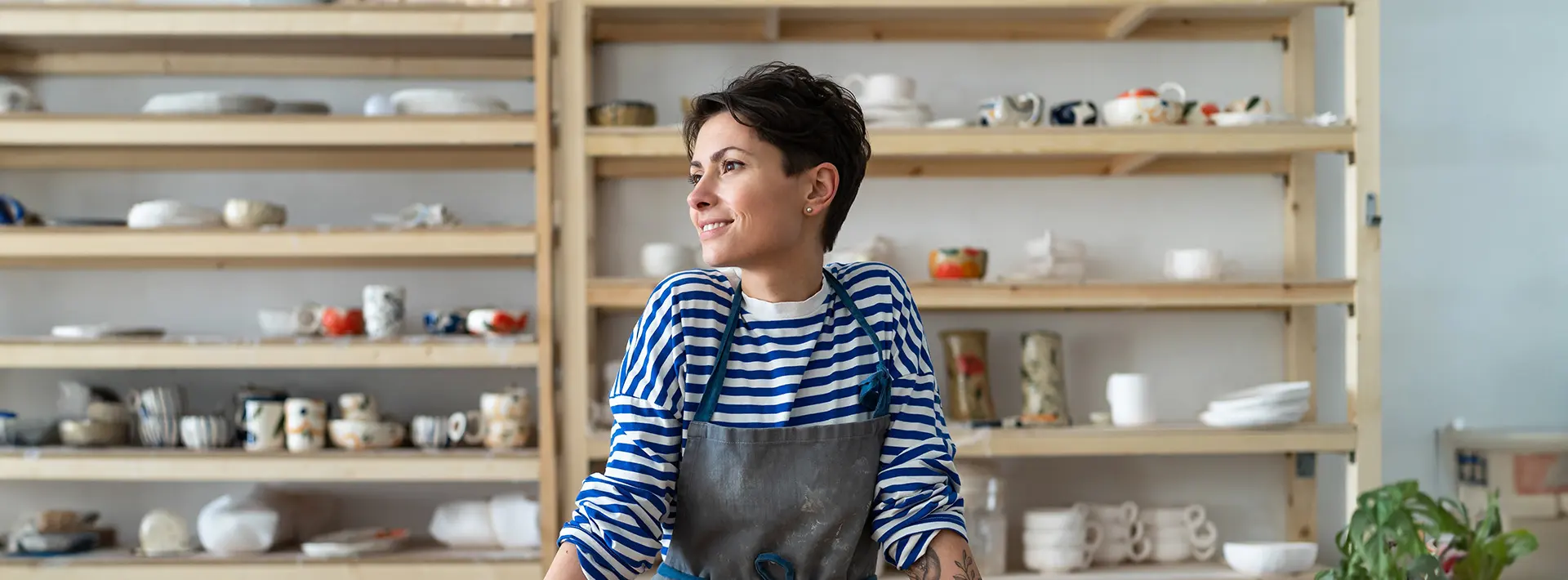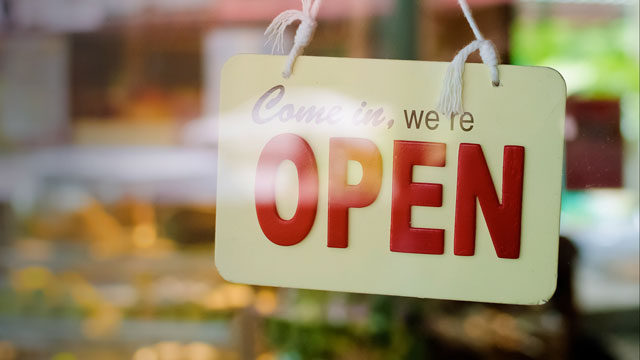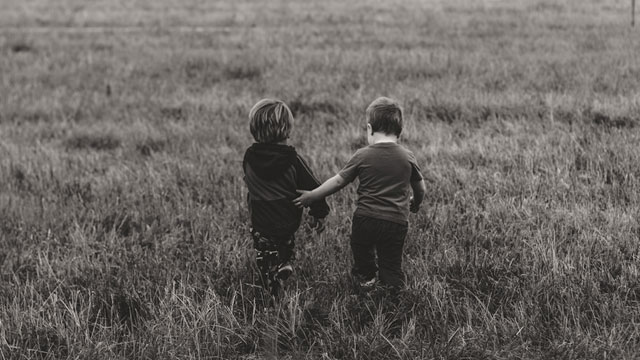In Myanmar, the age-old tradition of gift-giving is much more than just an exchange of presents; it mirrors the nation's collective ethos, symbolising respect, affection, and goodwill. This practice has been woven seamlessly into the country's social fabric, making it a crucial part of everyday life.
With the rise of digital technology and Internet access in Myanmar, businesses and consumers have found a new, vibrant space in the e-commerce industry, making it easier for consumers to continue their gift-giving traditions. The significant increase in consumers utilising online platforms has allowed them to expand and celebrate their gift-giving customs beyond borders. They can now send gifts locally and internationally, leading to a considerable boost in e-commerce activities, especially during festive periods and special occasions.
Myanmar gift-giving tradition: History and cultural significance
The tradition of gift-giving in Myanmar, a cornerstone of the nation's societal framework, illuminates the rich tapestry of the country’s culture. It is not just an exchange of presents but an essential aspect of life that springs from the vibrant history of gift-giving. The tradition of giving gifts, closely intertwined with community, respect, and mutual affection, has shaped social interactions and relationships in Myanmar. It connects generations, facilitating the exchange of emotions and creating a sense of belonging within the community.
Historical roots of gift-giving in Myanmar
Historically, gifts were given as tokens of appreciation, expressions of goodwill, or to commemorate important events and festivals. In Myanmar, gift-giving extends beyond cultural practices, deeply rooted in its primary religion, Buddhism. The daily ritual of offering alms to monks exemplifies the bond between the monastic and the lay community, transcending mere materialistic exchanges. This act symbolises respect, humility, and the aspiration to accumulate merit. Furthermore, religious festivals, a significant part of Myanmar’s social life, have always seen the exchange of presents, showcasing the embedded nature of gift-giving in Myanmar’s cultural identity. Embracing this gift-giving culture, intertwined with Buddhist values, offers a genuine insight into Myanmar’s rich spiritual and cultural tapestry.
Gift-giving etiquette and the modern age
Myanmar’s gift-giving tradition is imbued with a sense of etiquette that governs the interaction between the giver and receiver, reinforcing social ties and expressing respect and appreciation.
First and foremost, it's essential to understand that the act of gift-giving in Myanmar is not merely transactional; it carries significant symbolic meaning. Therefore, the intention and the thoughtfulness behind the gift are valued more than the gift's monetary worth.
Gifts are usually presented with both hands as a sign of respect, especially when giving to someone of a higher status or older age. It's also common to politely insist that the recipient accept the gift as a sign of goodwill.
For recipients, accepting the gift graciously is considered polite, acknowledging the giver's thoughtfulness and effort. In some cases, particularly when receiving a gift from an elder or a person of higher status, it may be considered respectful to initially refuse the present to show humility.
Lastly, while it is not a strict rule, gifts are often not opened immediately upon receiving in front of the giver, showing respect and highlighting that giving is more important than the gift itself. Understanding this etiquette can help navigate the beautiful complexities of Myanmar's gift-giving culture.
Common types of presents and gift-giving occasions in Myanmar
Immersed in the tradition-rich tapestry of Myanmar's culture, gifts and gift-giving occasions are significant markers in the timeline of social life in Myanmar. The diversity and thoughtfulness of these gifts reflect the richness of the gift-giving culture, the nuances of etiquette, and the unique character of Myanmar's society.
Typical occasions for gift-giving
In Myanmar culture, each occasion calls for a specific gift. Birthdays might be celebrated with a surprise gift box for your best friend, boyfriend or girlfriend, while Mother's Day and Father's Day are marked with thoughtful tokens of love. Significant milestones such as weddings or housewarmings also have their own unique set of traditional presents. The best souvenirs from Myanmar, including handcrafted lacquerware, unique tapestries, or exquisite silverware, are often given as these gifts, symbolising the country's rich cultural heritage. While carrying the touch of local craftsmanship, these gifts also act as ambassadors of Myanmar's culture, displaying its aesthetic traditions to the world.
Religious festivals like Thingyan (Water Festival) and Thadingyut (Festival of Lights) also see a surge in gift exchanges. Thingyan, the Burmese New Year, is often celebrated with the giving of traditional foods, while Thadingyut is a time for paying respects to elders with gifts.
Common gifts in Myanmar
Gifts in Myanmar are generally thoughtful and personal. The best souvenirs from Myanmar, such as lacquerware, hand-woven textiles, traditional puppets, and unique jewellery, are popular gift choices, especially among tourists or locals who are sending them overseas. Flowers, food items, and monetary gifts are also common, reflecting Myanmar's intimate and personal nature of gift-giving.
Gift-giving in modern times
With the advent of e-commerce, gift-giving dynamics have evolved, integrating tradition with modernity. The online marketplace has opened up a world of possibilities, enabling people to send gifts internationally. The surprise gifting service has gained popularity, allowing people to share a piece of Myanmar culture across borders. This fusion of traditional values and modern convenience has preserved the history of gift-giving and expanded its scope in the global cultural exchange.
With the world becoming increasingly interconnected, the exchange of gifts from Myanmar to the rest of the world represents a sharing of cultural wealth. It is a way to spread the joy and spirit of the Myanmar gift-giving culture, highlighting the importance of thoughtfulness and respect in the global community.



























